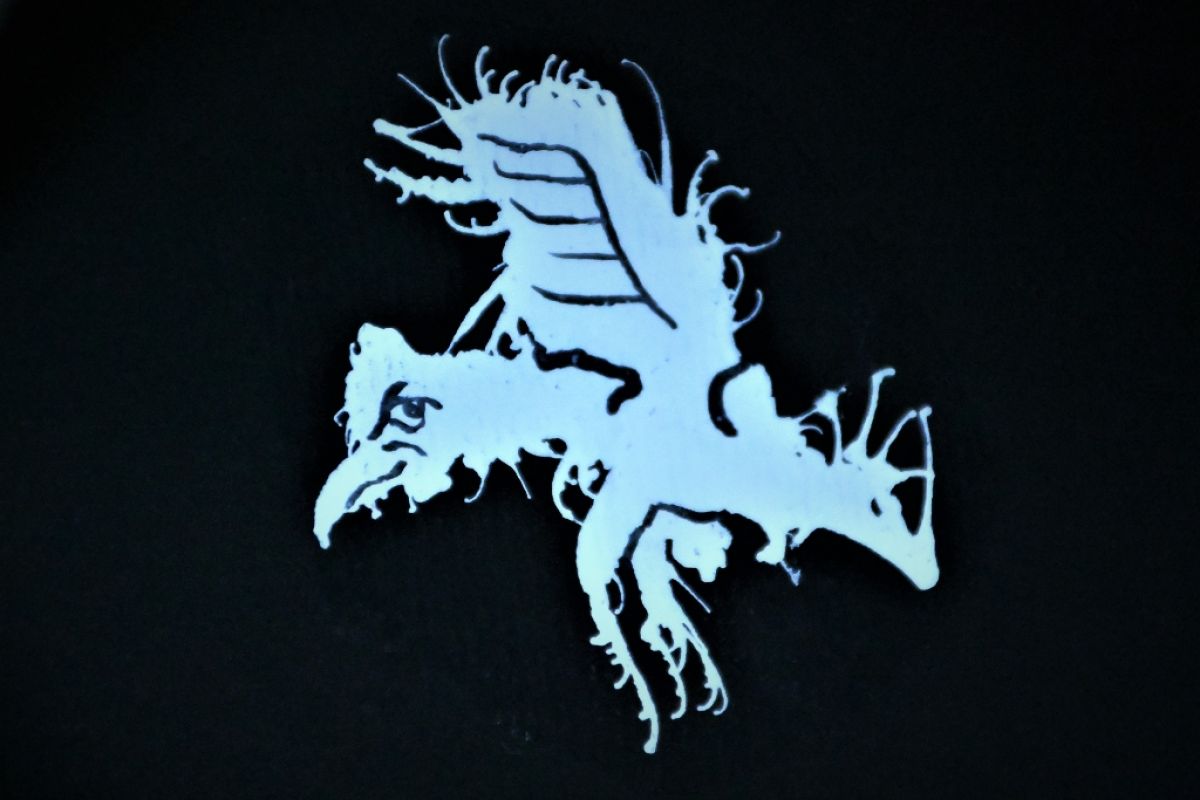"Stories have the power to transform and transport us. Good ones, bad ones, scary ones, rhyming ones--stories have the power to save us from all sorts of monsters. Even the ones we create ourselves."
Emily Bobo is the author of three books and the editor of Bobo Books. Currently, she is department chair of Arts & Humanities at Ivy Tech Community College, where she teaches writing to single moms, ex-cons, and military vets. You can view her work at emilybobo.com. Emily joins us remotely over Zoom from her home and is reading from her 2019 collection titled "Tattle Tales."
Welcome to the Poets Weave. I'm Romayne Rubinas Dorsey. Emily, what poems have you brought for us today?
I like to play “Mad Libs” with familiar stories where I replace one or two keywords with current events and characters. This is a retelling of one of the Grimms’ 19th century German fairy tales. In the original tale, a young girl and her mother are starving, so the girl goes to a wise woman for help. The wise woman gives her a magic pot and a spell to make it produce sweet porridge and a spell to make it stop.
The Sweet Porridge
Once upon a time there was a poor but good girl who lived alone with her mother. When the small-town belt factory closed and stood rusted out and empty like the girl’s pantry, the girl went to an old wise woman who prescribed her a small orange bottle. She directed the girl to say to it, “Pop, bottle, pop!” for it would then make a good, white pill to make her forget she was hungry. Then she was to say, “No, bottle, no!” to make it stop.
The poor but good girl brought the bottle home and shared it with her mother whose hunger was even greater than the girl’s, and it made them forget they were hungry, for a little while. From then on, they self-medicated as often as they wished. Then one day, when the girl had gone out, the mother found her neighbor in his kitchen, dangling from a belt and all the promises he had made to his children: college tuition, car payments, health insurance, life insurance, basketball shoes, dinner. After the mother had cut him down and his widow had had her fill of pills, the widow told her neighbor about the pills, and that neighbor told his neighbor who told his neighbor, and they all took the pills. So
the bottle continued to pop, but now the mother wanted it to stop because so many neighbors were coming and their need was so great, but she couldn’t remember the words to make it stop.
And some of the neighbors came and took the pills and felt so good that then they took two pills, then three pills, then six, then they lay down on her couch and refused to leave, they needed the pills so bad. And some of them took the pills and crushed them up and snorted them up, then broke out in spots and accused the mother of witchcraft. And some took the pills and got back in their cars with their children asleep in the back seat and sat down behind the wheel and died right there in the street. But still people came to the mother’s house because the hunger was so great that they couldn’t stop coming, and they threatened to cut the mother, if she didn’t keep giving them pills. And so the bottle continued to pop as if it wanted to feed the whole street and the next and the next and the entire Midwest. The situation was desperate, and nobody knew what to do, so they set the town on fire. Finally, when only one house was left standing, the girl returned home and said, “No, bottle, no!” And the bottle stopped popping, but the hunger did not. It came and came and came and came, until it ate holes in all the people. You can see them now. The rust people. Hanging from the belts they had made and some vague dream of better.
You've been listening to the poems of Emily Bobo on the Poets Weave. I'm Romayne Rubinas Dorsey.







